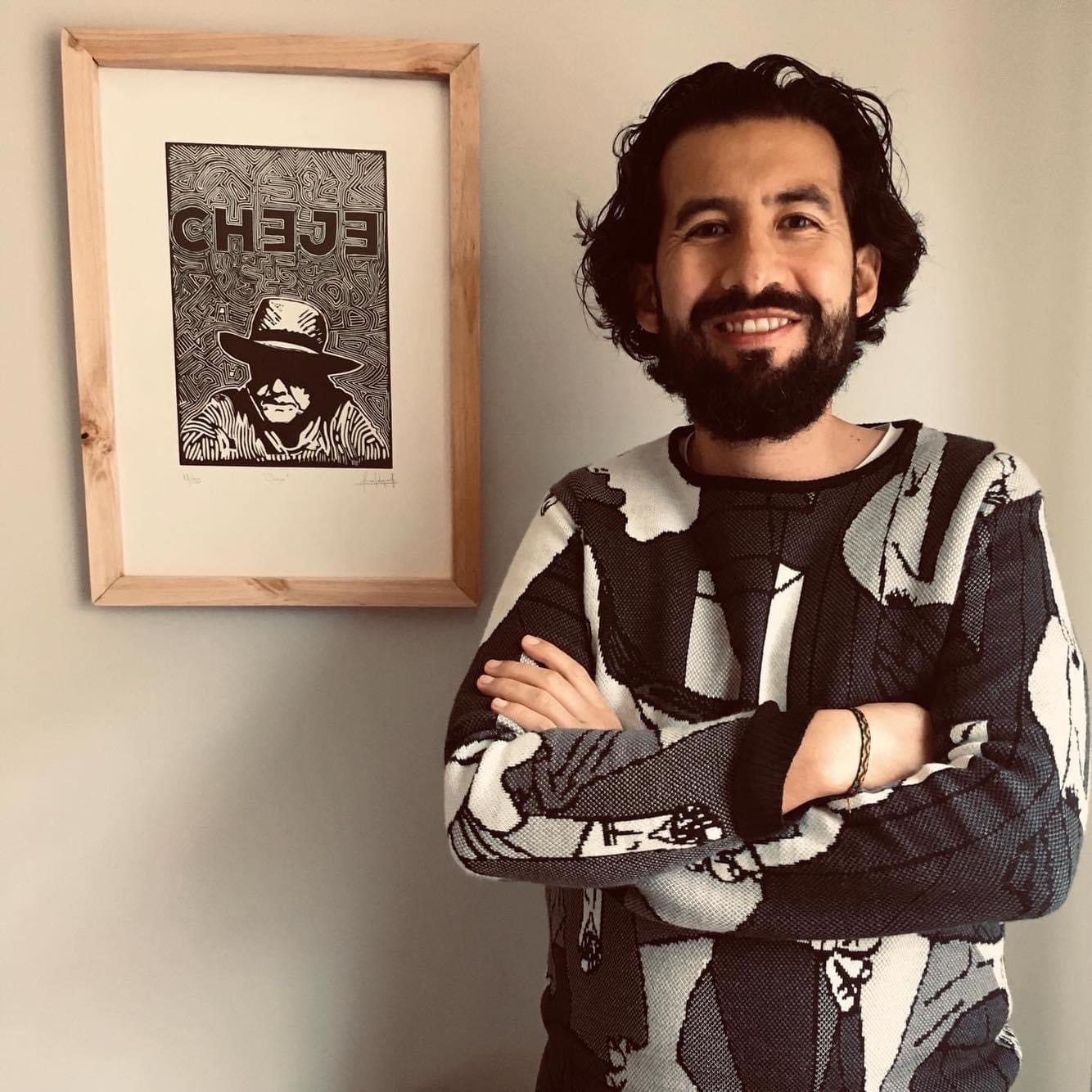
Dr Paulo Ilich Bacca
About
Paulo Ilich Bacca is the director of the Ethnic and Racial Justice Area of the Centre for the Study of Law, Justice and Society Dejusticia – a Colombia-based research and advocacy organisation dedicated to strengthening of the rule of law and the promotion of social and environmental justice in the Global South. Paulo’s research explores the encounter between Western and Indigenous jurisdictions, paying particular attention to the way in which post-colonial rule always entails resistance, hybridity and accommodation. By studying the emancipatory potential of indigenous thought as a basis for the transformation of international law, his research examines both the strategies used by international law to colonise indigenous jurisdictions, and the practices of resistance used by indigenous peoples to keep their own laws alive.
Taking into consideration indigenous cosmologies and social movements in the Andean region with a special emphasis on Aymara history during colonial times, Nasa history in the course of the twentieth century in Colombia, and the contemporary Colombian indigenous movement, he exposes the ambiguous role of international law in recognising indigenous rights and the need to think differently about indigenous legal thinking and practice. Towards this goal, Paulo proposes the idea of indigenising international law by considering indigenous law as law. It is by directing indigenous jurisprudences to the framework of international law and by recognising the constitutive relationship between Western and indigenous accounts that the possibility of transforming international law becomes possible. This process through which ‘we’ can learn from indigenous jurisprudences in order to change ‘our’ laws is what Paulo calls inverse legal anthropology. In indigenising international law using an inverse legal anthropology, his research remarks the power of indigenous thinking to counteract international law’s colonial legacies and indigenous peoples’ ongoing genocide.
PhD research project
Project Title: Indigenous Peoples and International Law in the Age of Recognition
Project Description: My research explored the nature, promises and limits of indigenous rights in our multicultural age. The research revealed key lines of continuity and discontinuity between the colonial project and the contemporary international recognition of culturally and ethnically diverse groups. Based on this analysis, and paying close attention to Colombia, my project explains two inherent paradoxes within the framework of international law on human rights as it interacts with multicultural policies: firstly, international law’s ambiguous role in the current face of decolonisation of indigenous rights; and secondly, the adoption of international norms as the best indicator of State’s behavior towards indigenous groups.
Publications
Bacca, Paulo Ilich. “The Double Bind and the Reverse Side of the International Legal Order: Talking with Silvia Rivera Cusicanqui and El Colectivo.” TWAIL Rev. 1 (2020): 93-120.
Eichler, Jessika, and Paulo Ilich Bacca. “Contemporary forms of cultural genocide in the natural resource sector: indigenous peoples’ perspectives from Bolivia and Colombia.” Canadian Journal of Development Studies/Revue canadienne d’études du développement (2020): 1-19.
Bacca, Paulo Ilich. “Indigenizing International Law and Decolonizing the Anthropocene: Genocide by Ecological Means and Indigenous Nationhood in Contemporary Colombia.” Maguaré 33.2 (2019): 139-169